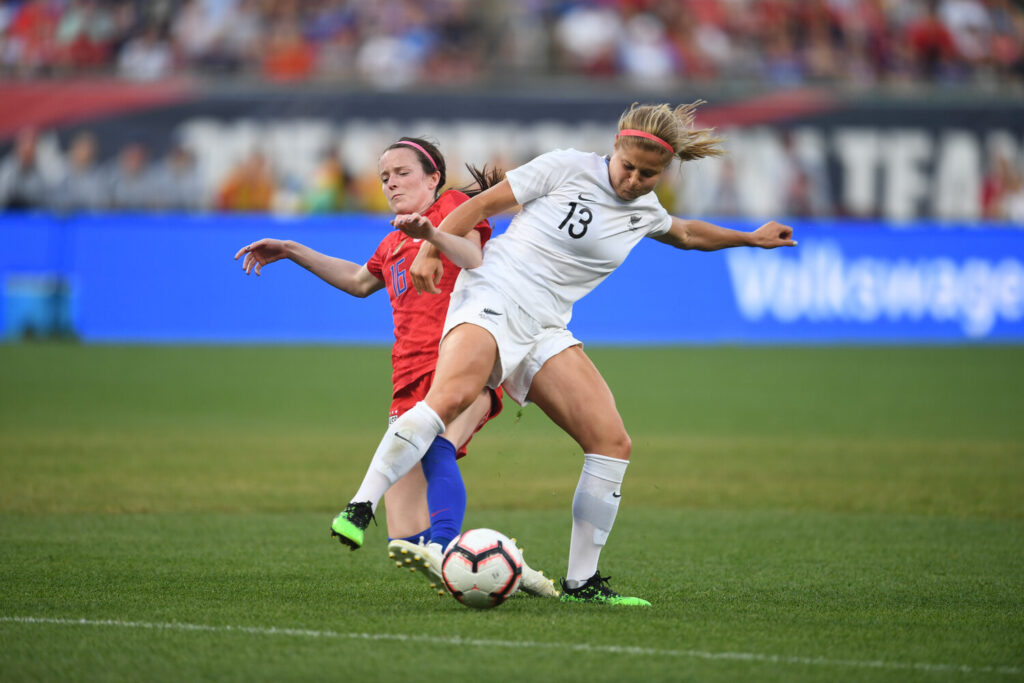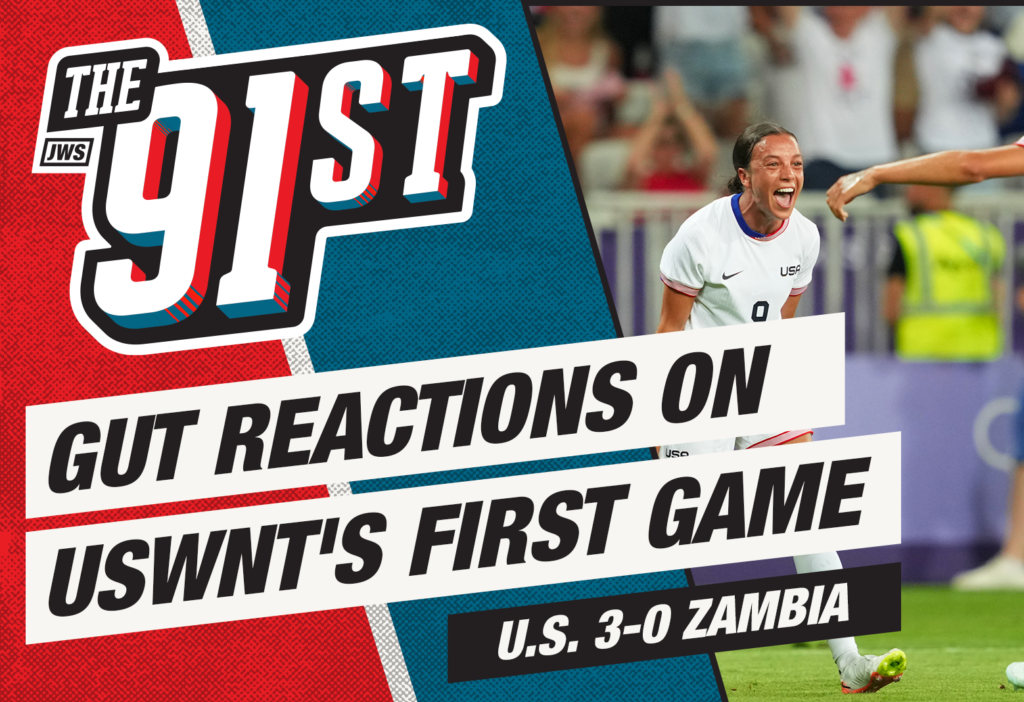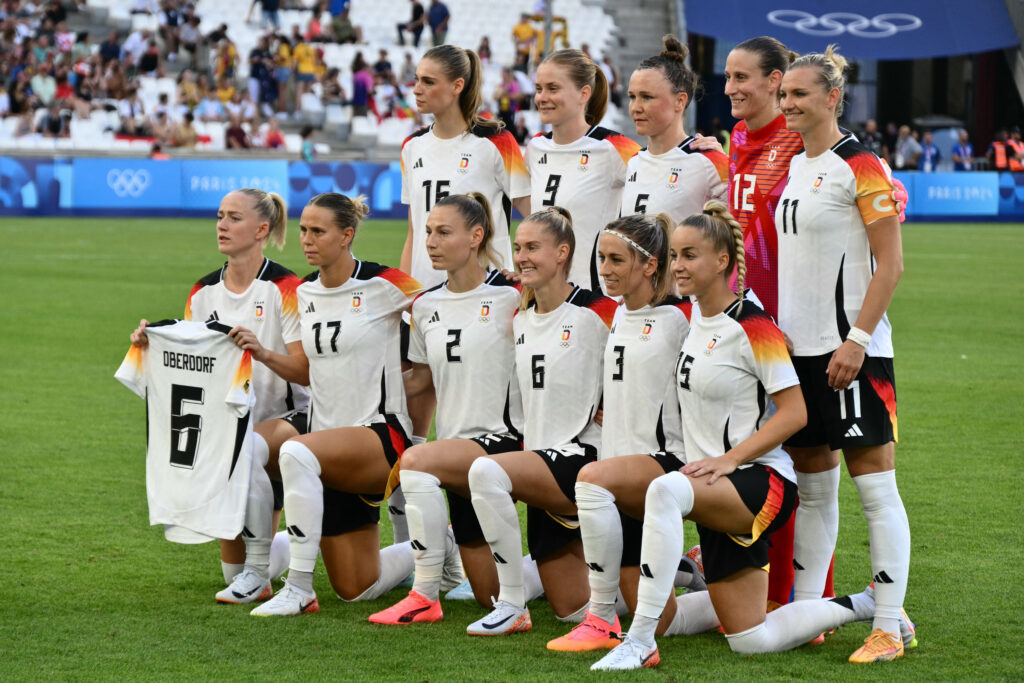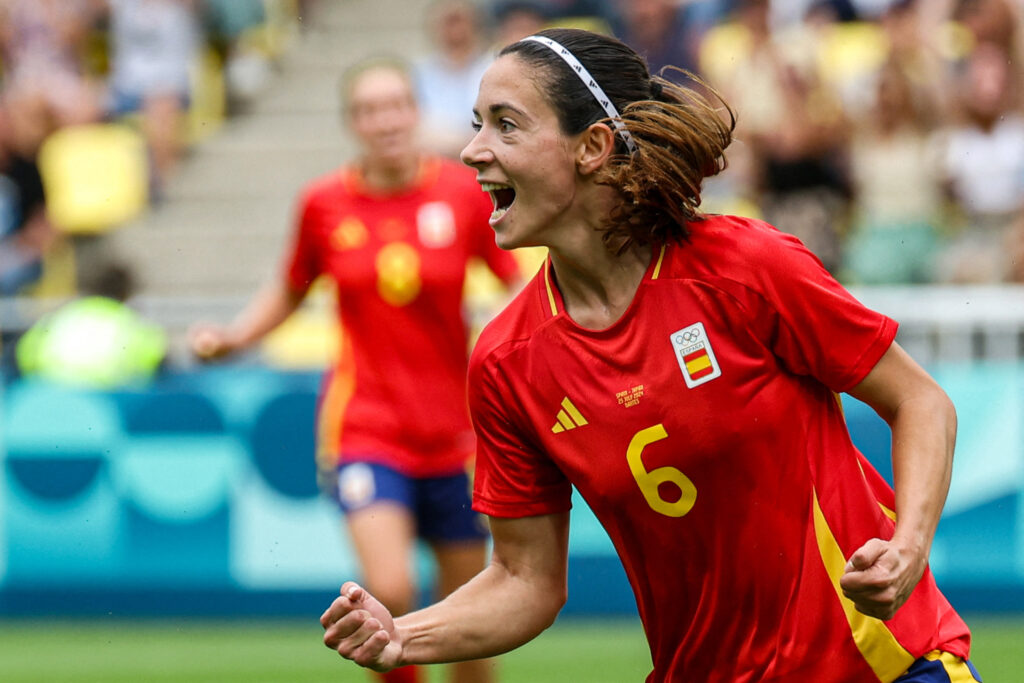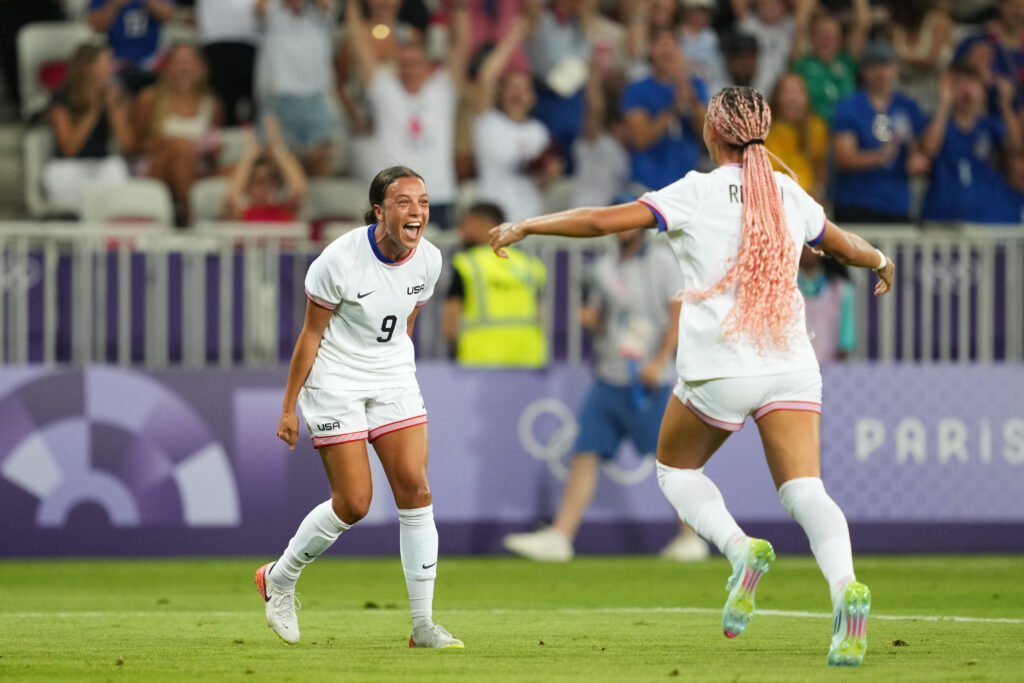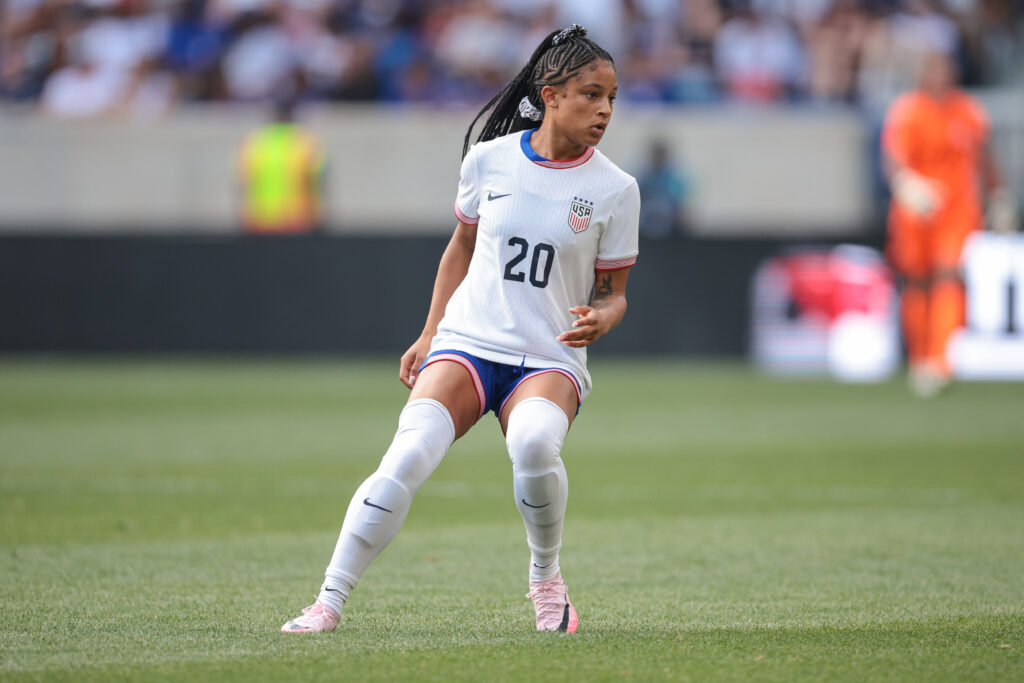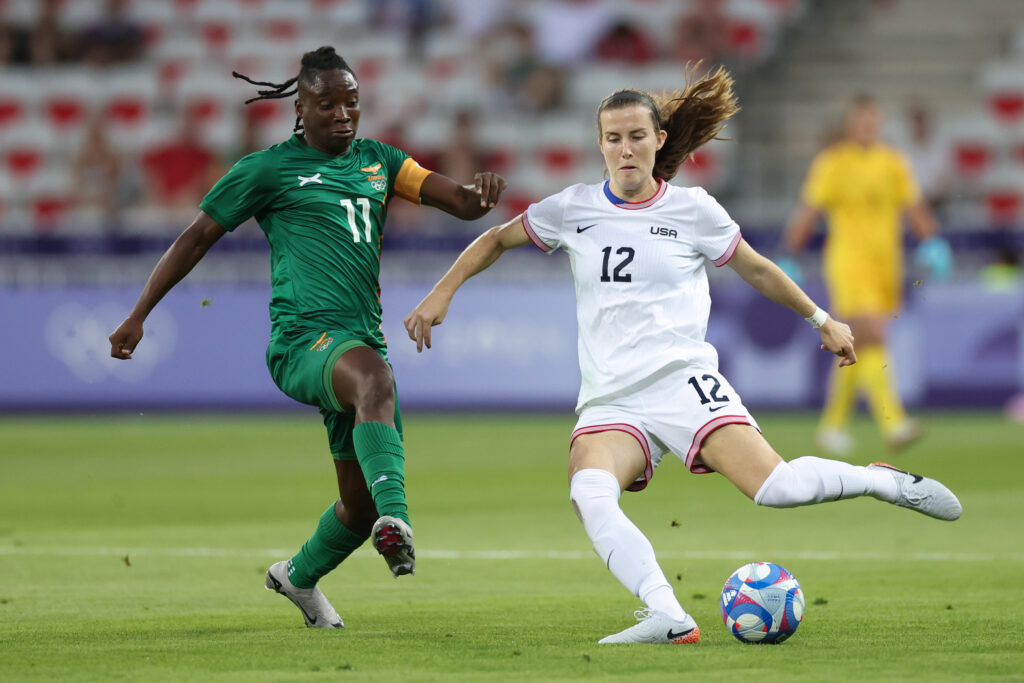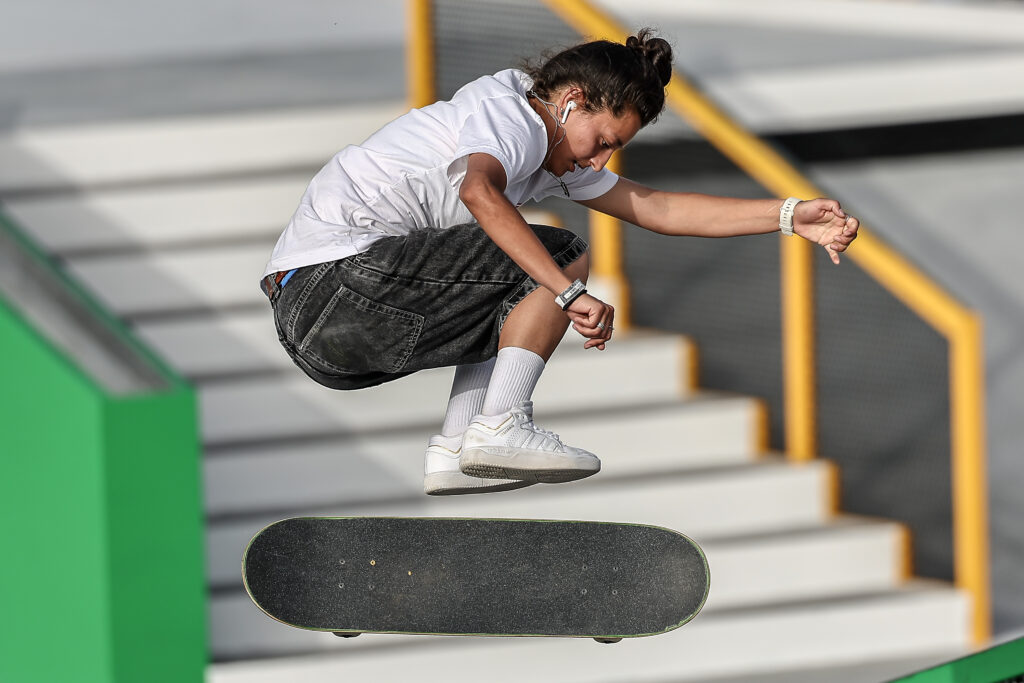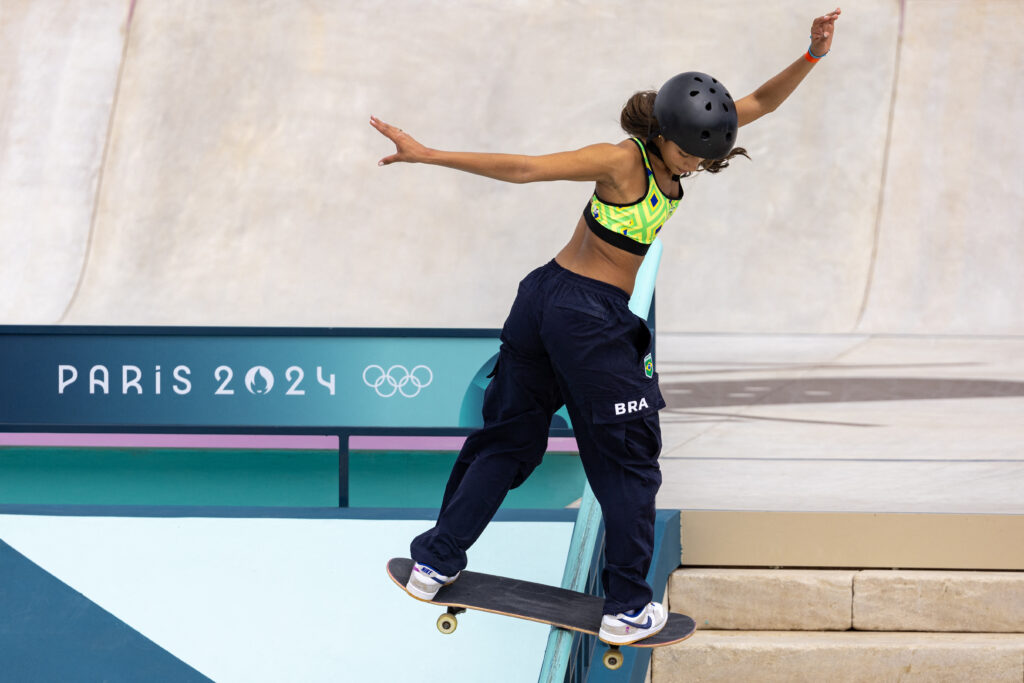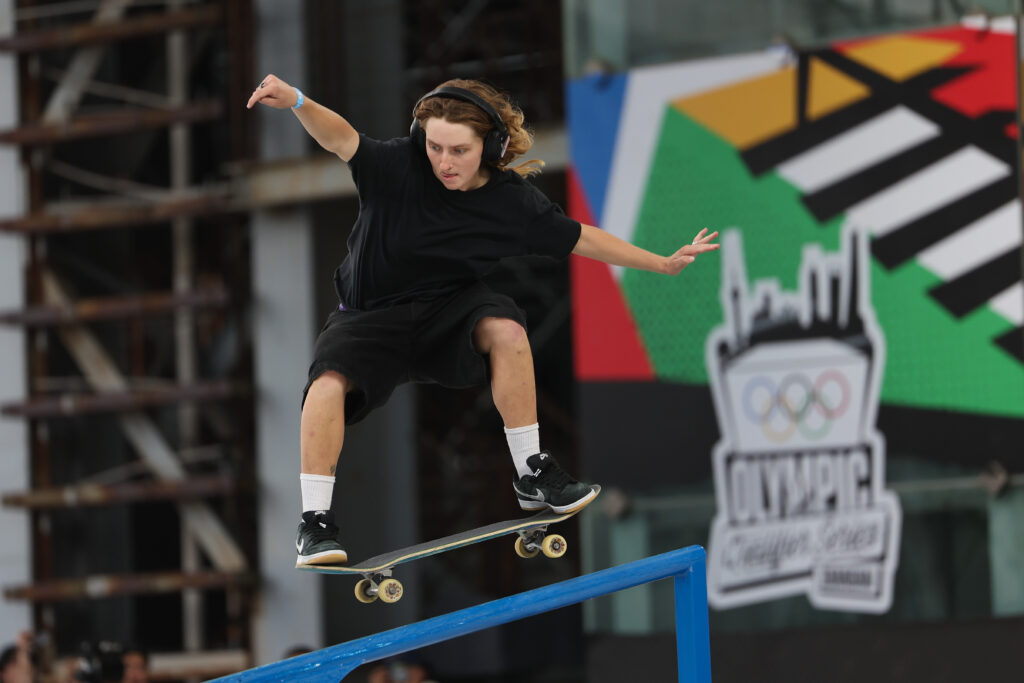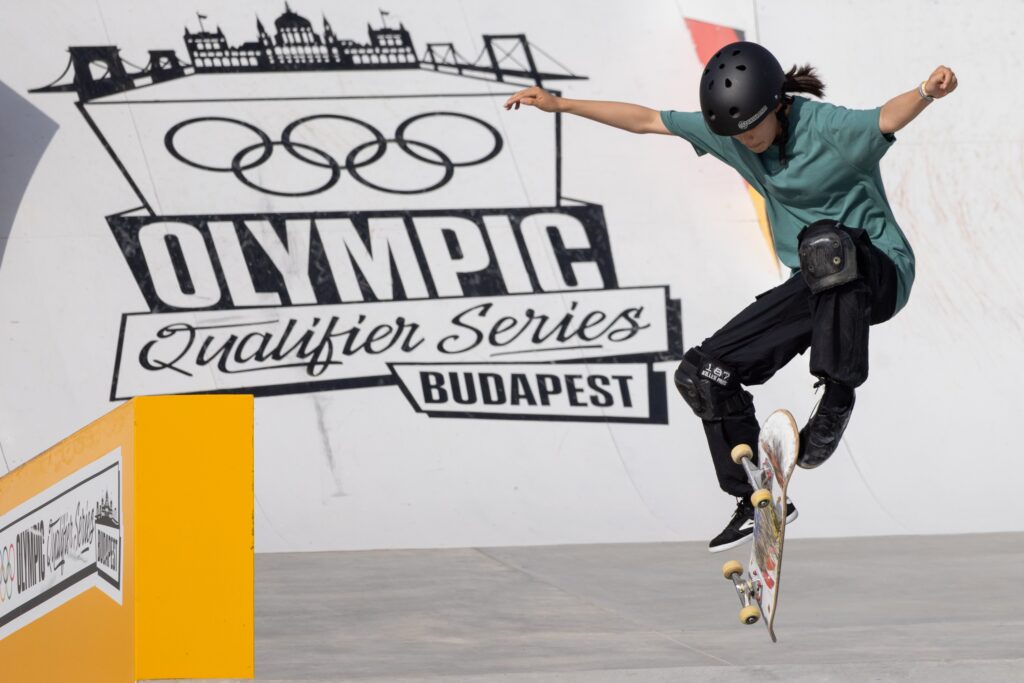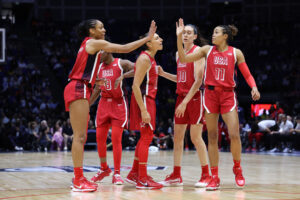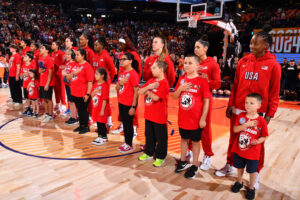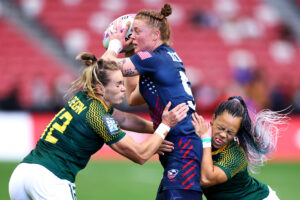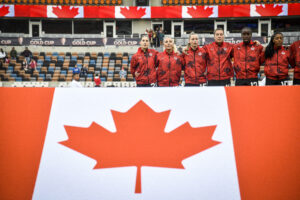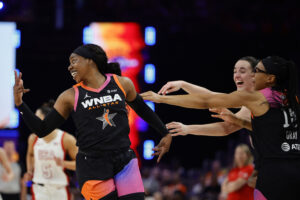The past two years have been both the most challenging and clarifying of my life. 2018 opened with surgery on both feet, my NWSL team folding, my boyfriend moving away, and the majority of my belongings getting “lost” – all before February.
Stuck on the couch with two scarred feet and an uncertain future, I felt powerless.
I had heard horror stories of NWSL players being traded or waived with no prior warning, waking up to emails that said, “pack up your bags and head to the airport.” Being young and naive, I was able to convince myself that it couldn’t really be that bad, or that it would never happen to me. Then came the announcement that my team had folded and that if I wanted to play in the upcoming NWSL season, I had to opt in to a redistribution draft by the following morning.
The draft itself was only a day later. As I watched it unfold, my teammates being sprinkled around the league without any control over their future, all of us still without an explanation as to what had happened, I finally understood just how unnerving playing in the NWSL could be.
I was picked up by the Chicago Stars, and with the signing of a contract, I had a new team. I was moving to Illinois, and that was that.

I was able to make it through the transition by relying on those elements of my character that had allowed me to become a professional in the first place. I had been living and playing abroad for years at that point, so I wasn’t a stranger to being on the move. I knew that I had to be both adaptive and resilient. But as I looked ahead to the 2019 World Cup, I began to wonder if I was doing everything I could to be at my best when the tournament started.
The national team was a priority, and the precariousness of life in the NWSL made me question whether it was the best environment in which to prepare. This was going to be my third World Cup with the Football Ferns, and the core of our team had been together for over a decade. They needed me to be ready, which meant that I needed to be willing to make the necessary sacrifices, even if that entailed taking the road less traveled.
And so, after a challenging 2018, I decided to move back to New Zealand at the start of 2019 and forgo the subsequent NWSL season.

Walking away from one of the most competitive and well-supported leagues in the world wasn’t easy, nor did it make sense to a lot of people. It had been nearly 8 years since I had lived in New Zealand, but I was still confident that it was the best place for me to mentally and physically prepare for the World Cup. I knew that making the national team my sole commitment would allow me to focus my effort and energy.
It wasn’t a simple homecoming, though. Going back to New Zealand meant that I now had to train with teenage boys to maintain my level of fitness. I was also living on the opposite side of the world from my boyfriend and needed to find work to survive the loss of my income. The situation was by no means perfect, and yet the decision to come home still felt empowering because I had made it for myself. I had taken control of my life and done what I thought was best for both me and the rest of the national team.
We’re a group that is used to sacrificing for each other. We’ve had to fight tooth and claw for everything we have, not just for results on the field, but also for better support from our federation. These challenges have made us incredibly close. I don’t know of any other national team that has such love and loyalty for each other.
It’s hard to understand unless you’ve been a part of it, which is why my decision to pivot from a more comfortable path seemed strange to others, but made perfect sense to me.

There were those for whom the bigger question wasn’t why New Zealand, but why continue with soccer at all? Why bother to fight through the injuries and all the uncertainty? These are questions I doubt I’ll ever be able to escape, no matter where I live or who I play for.
“Is there even professional soccer for girls?”
“Do you get paid for that?”
“What are you going to do after soccer?”
“When are you going to get a real job?”
Some of these are questions I even occasionally ask myself. Though I’ve worked hard to care less about what other people think, it isn’t easy. Especially now in my current situation – when I’m essentially living the life of a professional athlete minus the getting paid part.
What I’ve come to understand is that certain challenges, unfair as they may be, are just a part of being a professional female athlete today. Being underpaid and needing a part-time job, having to train with teenage boys and live across the world from my family and friends, constantly having to answer questions about what I do and why — these are things I can’t avoid but have to work through in order to live the life that I want to live.
The alternative would be giving up what I love simply because things aren’t as good as they could be.
Throughout my career, I’ve found comfort in the Leonard Cohen quote, “There is a crack in everything. That’s how the light gets in.” It reminds me that nothing is without its faults, but that without these imperfections, we wouldn’t be able to fully appreciate our experiences.
I know that neither my teammates nor I are content with the status quo. We want to see progress. We don’t think the next generation of New Zealand women should have to fight the same battles that we’ve been fighting.
But I also know that it’s precisely these battles that have made our team the most loving and supportive environment that I have ever been a part of. Playing for New Zealand has shown me that communities are strengthened by the challenges they face. It has allowed me to experience firsthand the tremendous power of a collective spirit and culture.
Similarly, the uncertainty surrounding my own professional career hasn’t always been easy to deal with. But it’s given me the opportunity to make decisions for myself and discover what truly motivates me. It has shown me that it’s the trials and the setbacks that make the wins so rich and beautiful.
For all these lessons to come through, I know there needed to be cracks.
